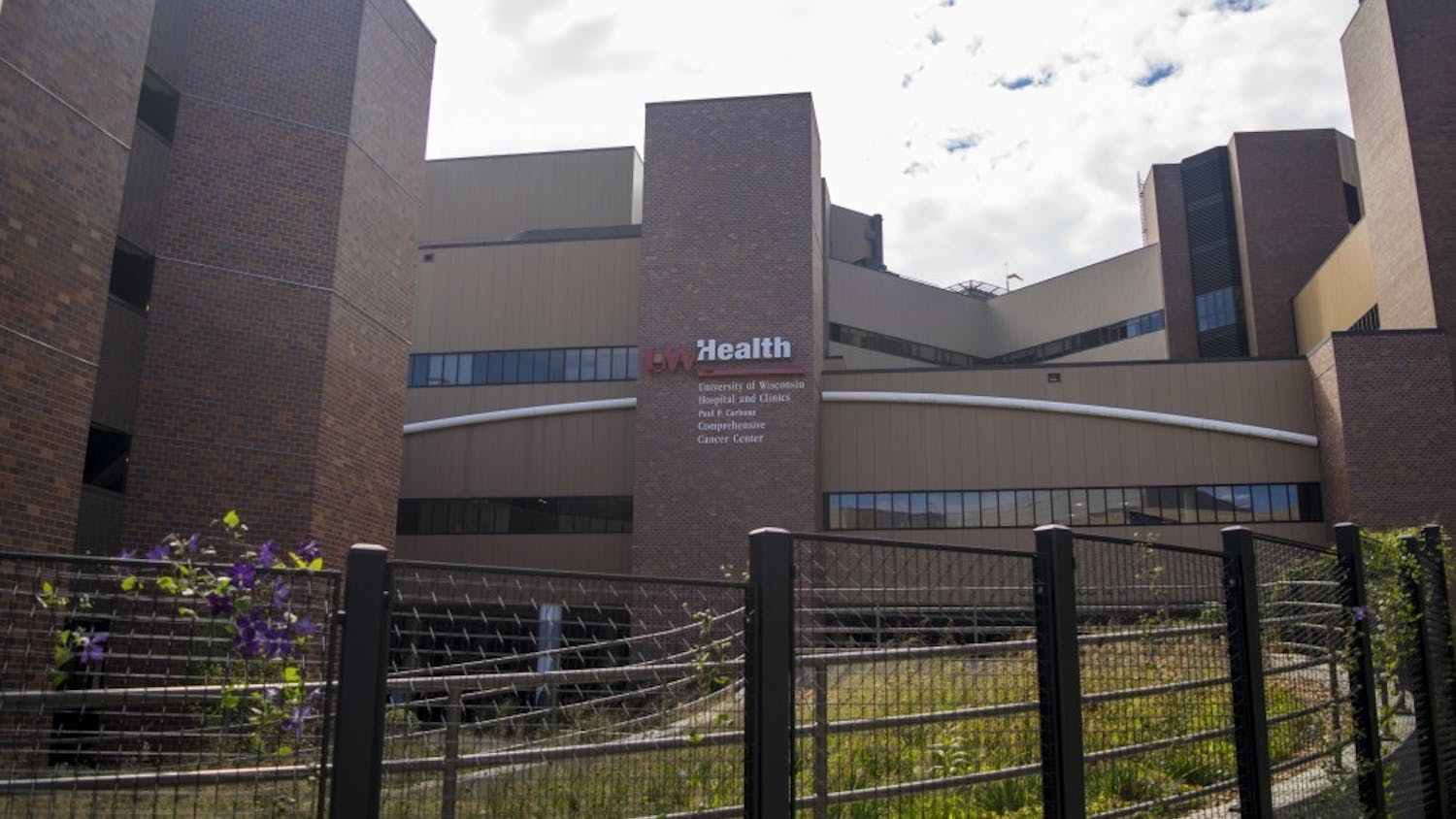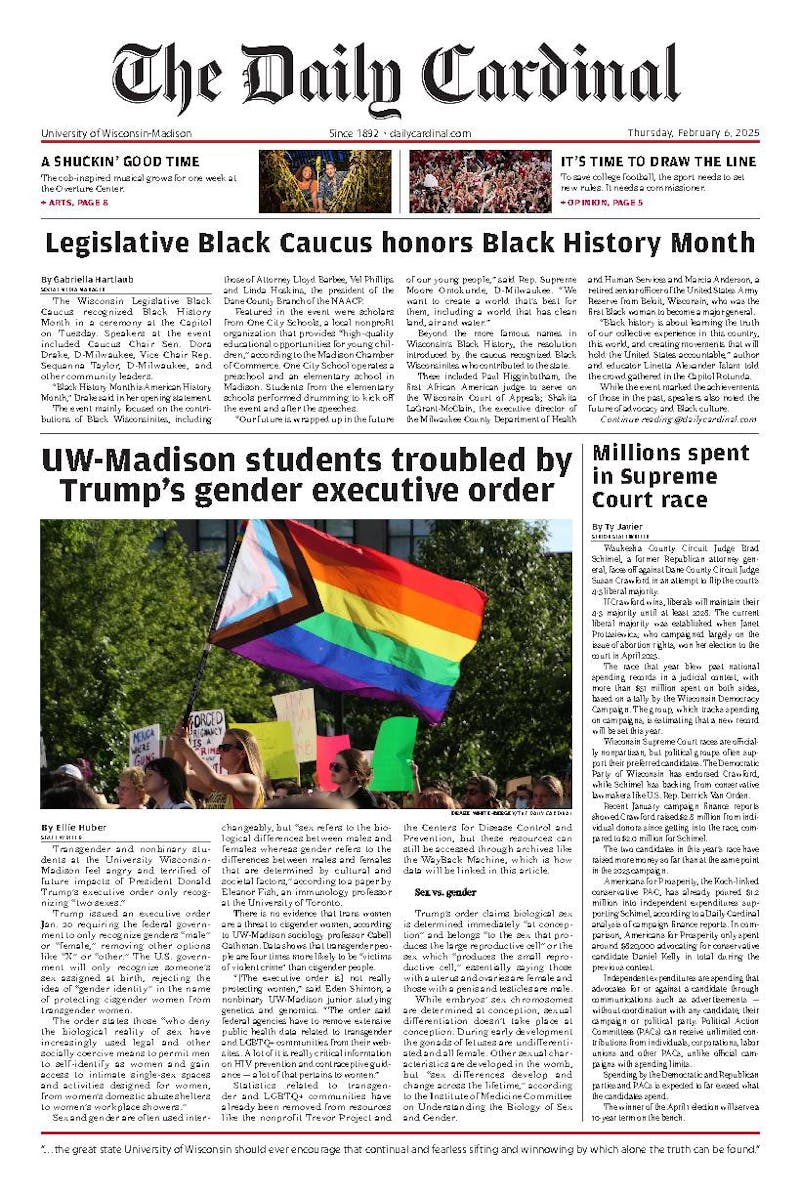UW-Madison researcher James Thomson has been named co-winner of the King Faisal International Prize for Medicine for his continuing work to advance stem-cell research.
Thomson will receive the award, along with $200,000 and a 24-carat, 200-gram gold medal, from the king of Saudi Arabia in the capital city, Riyadh, in March.
Thomson, the director of regenerative biology at the Morgridge Institute for Research, was the first to culture primate embryonic stem cells in 1995 and human embryonic stem cells in 1998.
In 2007, Thomson succeeded in genetically reprogramming adult skin cells to an embryonic state. His discovery renewed interest in the possible use of stem cells to treat human disease, because if adult cells turn out to be capable as embryonic stem cells, much of the controversy surrounding stem cell research would be removed.
Director of the Wisconsin Institute for Discovery and former UW-Madison Chancellor John Wiley said Thomson brings not just scientific brilliance, but also strong personal morals to his research and the university as a whole.
""[Thomson] thought long and hard about all the issues involved. He consulted widely,"" Wiley said. ""He's conducted himself with the greatest personal integrity and I think the whole world is lucky that discovery wasn't made some place else where the work would've been done in ways that were unethical.""
The award, which was established in 1976 by the sons of King Faisal bin Abd Al Aziz, aims to draw attention to important world issues and is ""among the most prestigious of international awards to scholars and scientists who have made significant advances to benefit humanity and enrich human knowledge.""
The co-winner of the award, Shinya Yamanaka, is a stem-cell researcher at the University of California-San Francisco and professor at Kyoto University in Japan.
Yamanaka is recognized for generating induced pluripotent stem cells in mouse cells and for discovering human induced pluripotent stem cells. His discovery may allow researchers to obtain pluripotent stem cells without the controversial use of embryos.
In the last 33 years, 57 scholars from 11 different countries have won the King Faisal International Prize for Medicine.





